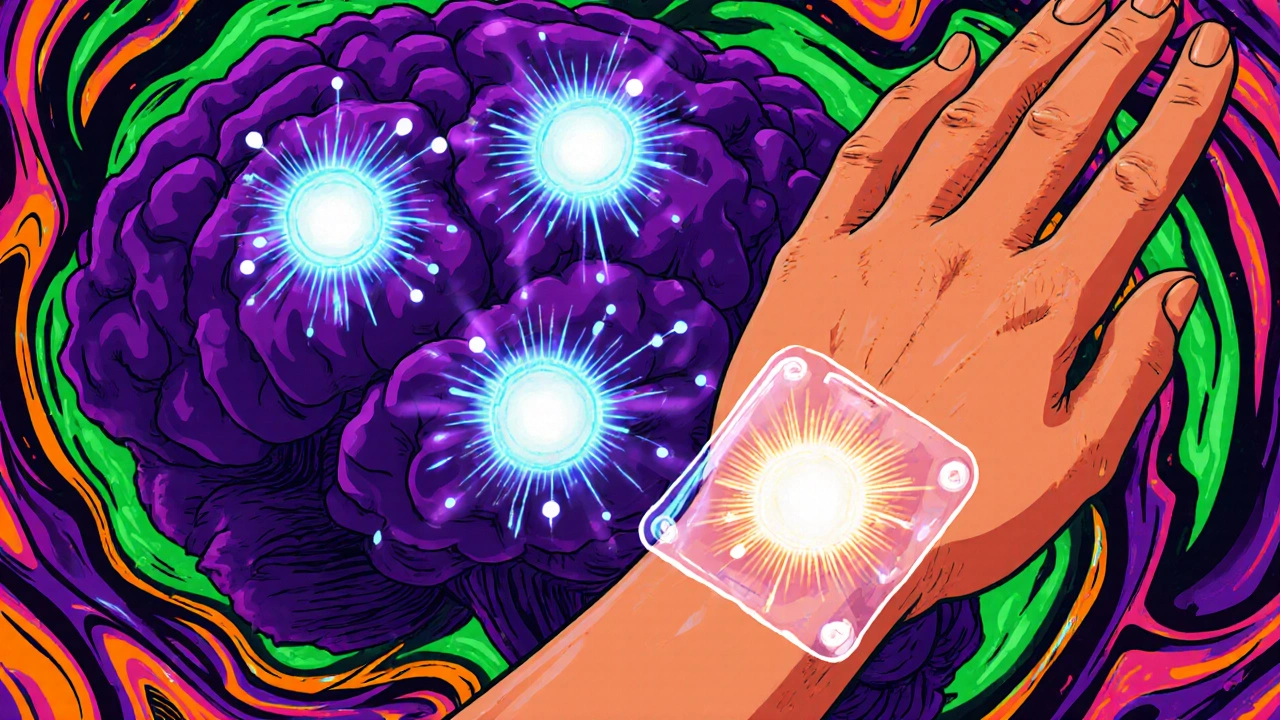Depression Treatment Options: Effective Therapies, Medications, and Lifestyle Changes
When you're struggling with depression, a common but serious mental health condition marked by persistent sadness, loss of interest, and physical symptoms like fatigue or sleep changes. Also known as major depressive disorder, it’s not something you can just "snap out of"—but it is treatable. Millions of people find relief through a mix of approaches, and there’s no one-size-fits-all solution. What works for one person might not work for another, and that’s okay. The key is finding the right combination for you.
One of the most common paths is antidepressants, medications that help balance brain chemicals like serotonin and norepinephrine to improve mood and energy. Also known as SSRIs or SNRIs, drugs like sertraline, fluoxetine, and venlafaxine are often the first line of defense. But they’re not magic pills—they can take weeks to kick in, and side effects like nausea, weight gain, or sleep changes are common. Many people stop taking them too soon because they don’t see instant results. If one doesn’t work, another might. It’s trial and error, not failure. Then there’s therapy, a structured, evidence-based way to understand and change negative thought patterns. Also known as talk therapy or cognitive behavioral therapy (CBT), it’s been shown in real-world studies to be just as effective as medication for mild to moderate depression—and when combined with meds, the results are even stronger. You don’t need to be in crisis to benefit. Therapy helps you build tools to handle stress, rebuild motivation, and stop the cycle of self-criticism that feeds depression.
But meds and therapy aren’t the whole story. Depression treatment options also include simple, daily habits that quietly rebuild your brain’s resilience. Getting sunlight in the morning, moving your body—even just a 20-minute walk—can boost serotonin naturally. Poor sleep? Fixing your sleep schedule often lifts mood faster than you’d expect. Cutting back on alcohol and sugar helps too; they might feel like comfort at first, but they drag you down over time. Social connection matters more than you think. Isolation makes depression worse. Even one trusted person you talk to regularly can make a difference.
What you’ll find in the posts below isn’t a list of miracle cures. It’s a practical collection of real comparisons and honest reviews—like how certain antidepressants stack up against each other, what side effects to watch for, and how lifestyle tweaks can support or sabotage your progress. You’ll see how people manage depression while juggling work, family, or chronic illness. No fluff. No hype. Just clear, usable info that helps you make smarter choices.
